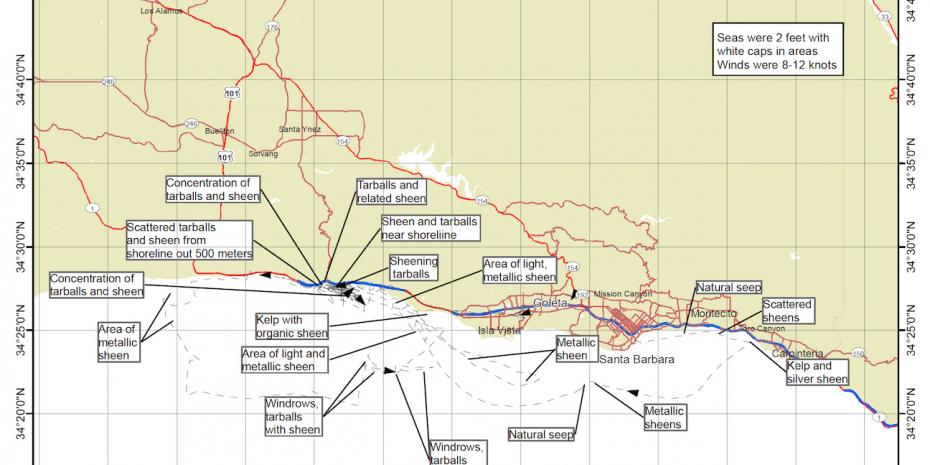More than 500 years ago, before the arrival of the first Europeans, vast civilizations flourished in what is now called the Americas.
Trade routes and commerce had long been established across the Rockies and the Andes, from the farthest northern to the farthest southern regions of the Americas. It has been said that this was the time of union for Indigenous Peoples, the time of the Condor and the Eagle.
The Condor represents the Indigenous Peoples of the south, while the Eagle represents the Indigenous Peoples of the north.

